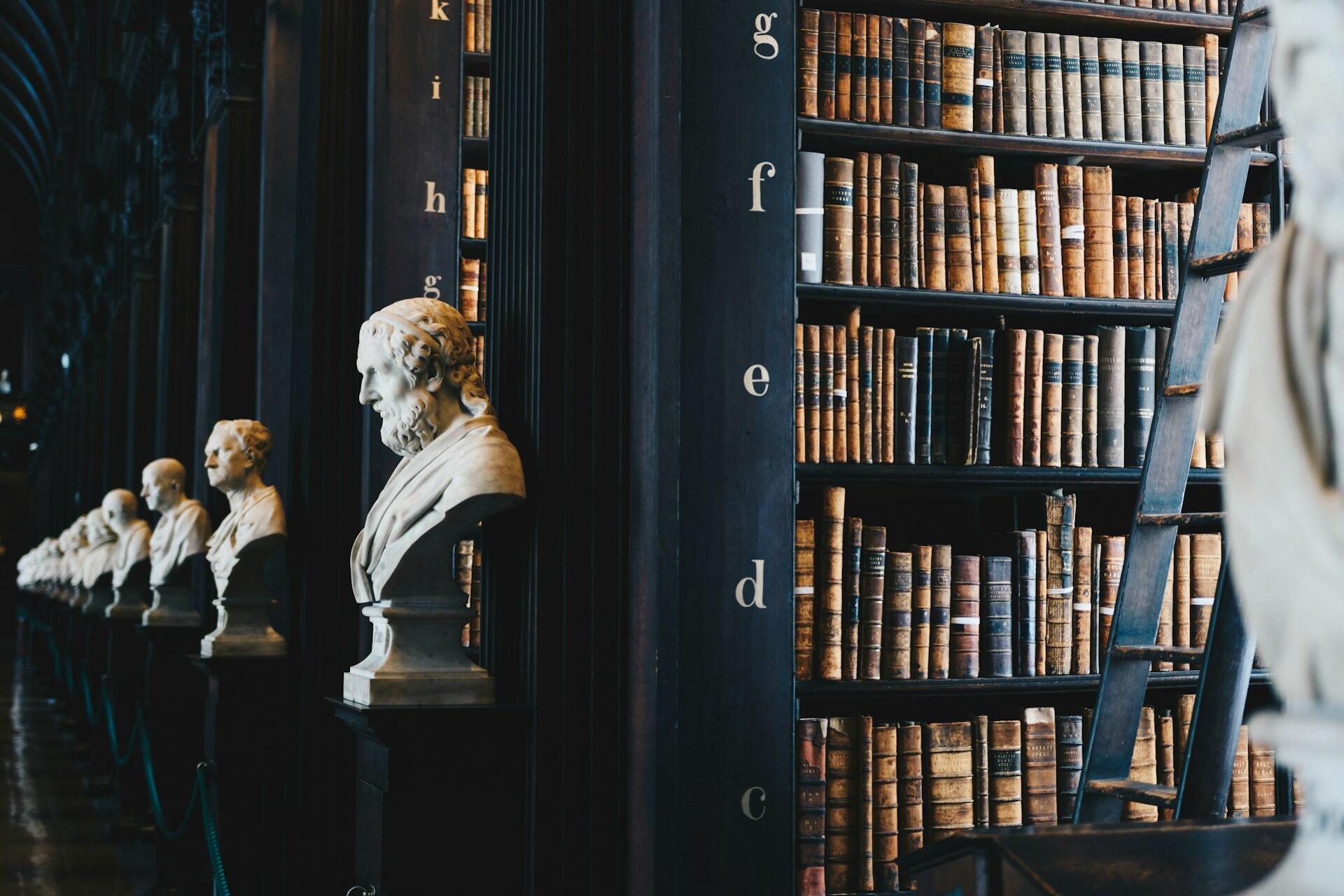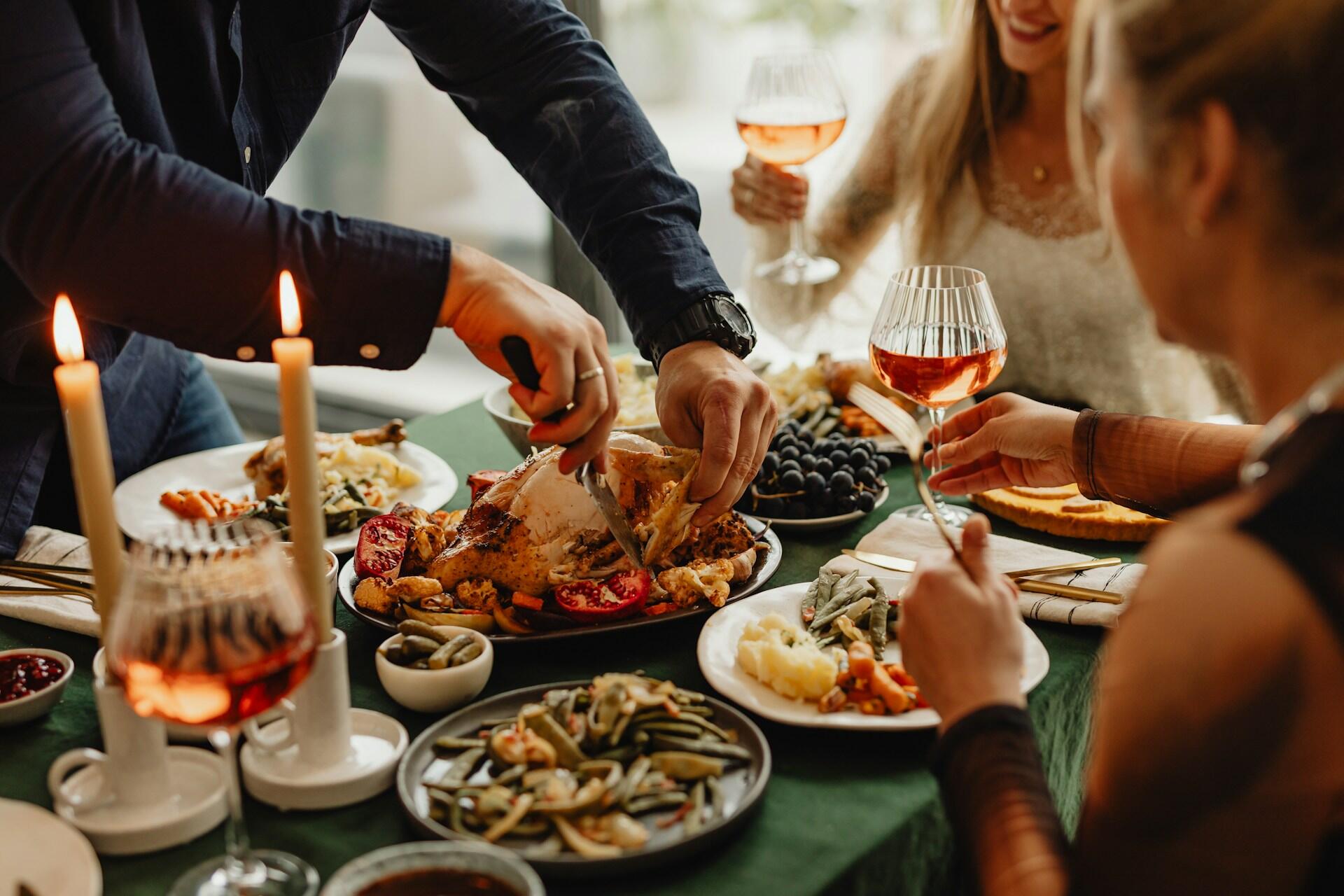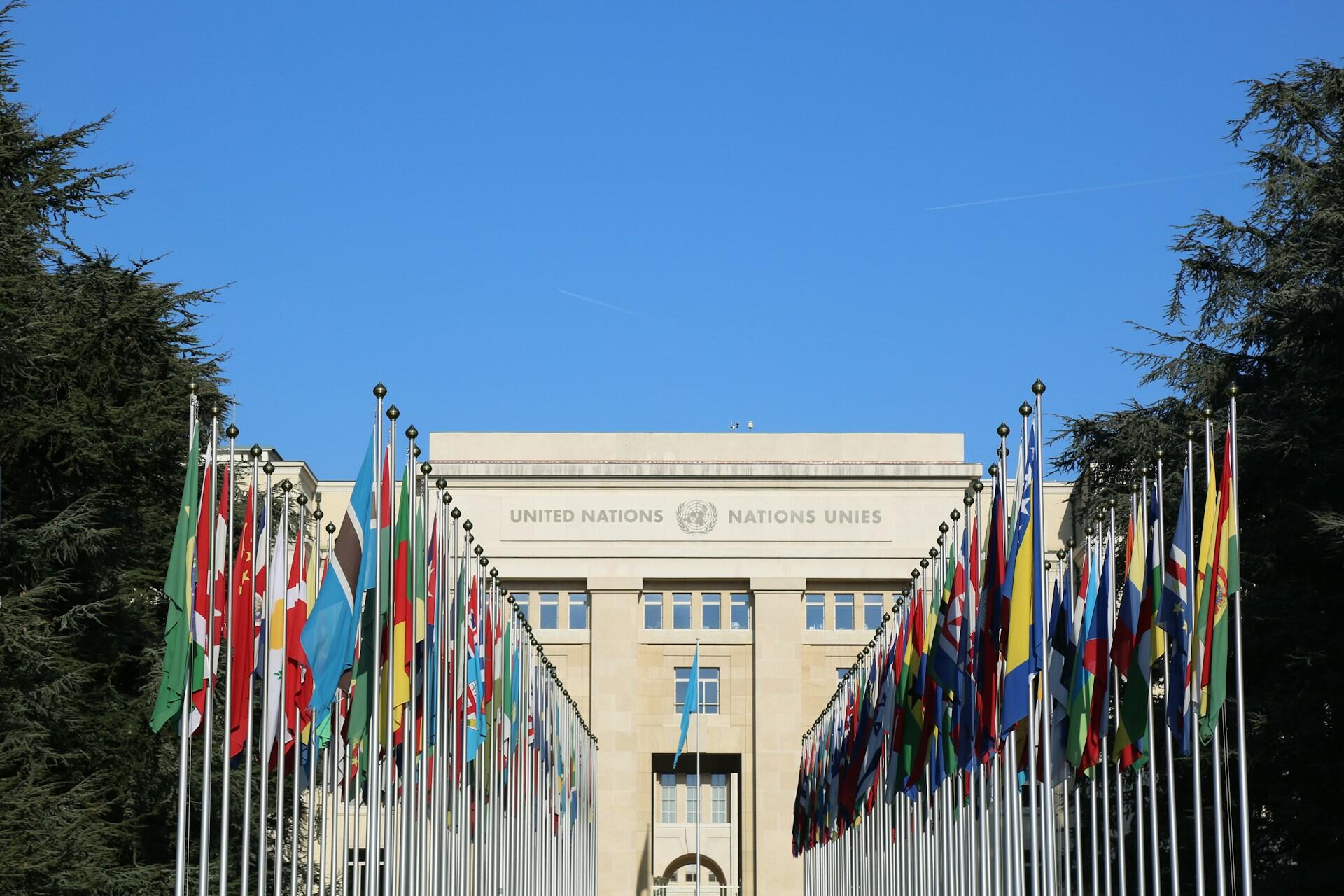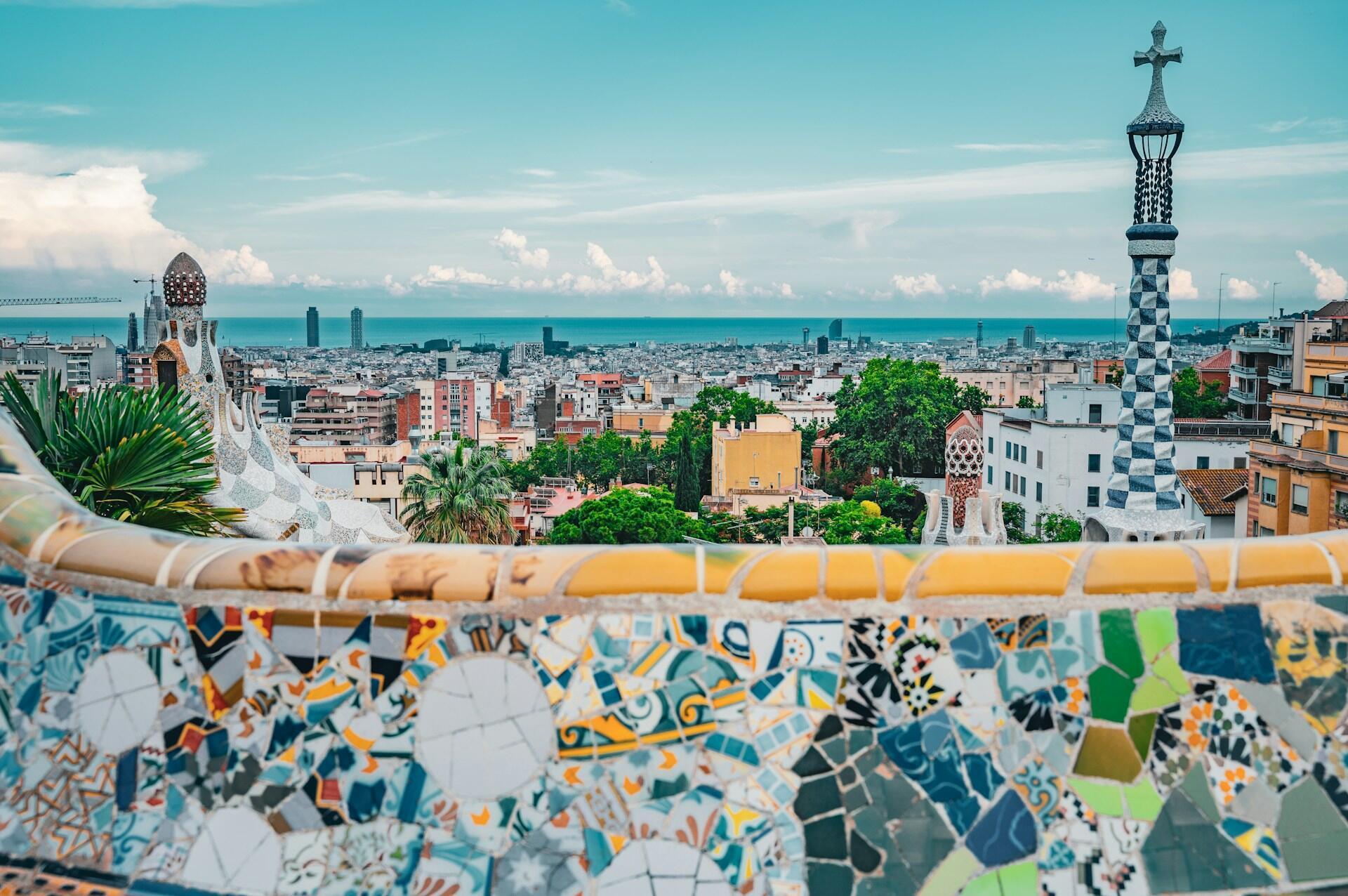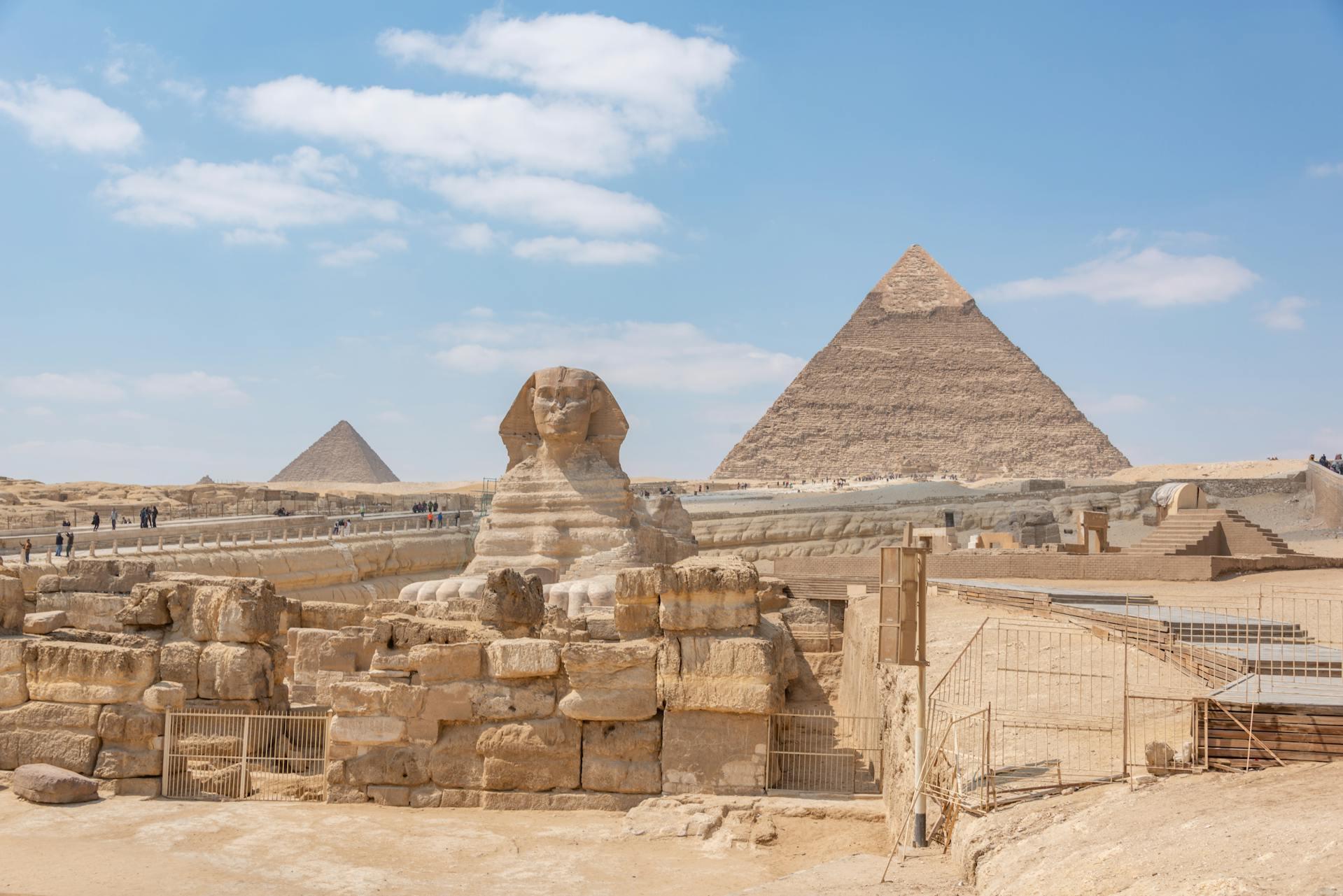Black movements around the world have long been essential in the fight against racism, oppression and inequality. But although these first social movements emerged several centuries ago, today they are (unfortunately) more relevant than ever.
In general, these movements share the same goals, but each one has unique approaches and characteristics, connected to local realities.
Over time, these initiatives have been influenced by historical, cultural and political contexts. How much do you know about them? It's time to take our quiz and test your knowledge!
Quiz
Quiz :
A Story of Oppression
Throughout history, various black movements have taken place in different parts of the world, especially in regions where there have been processes of colonisation, slavery or systemic racial discrimination. These movements emerged as a response to the historical and cultural oppressions faced by black populations and had different forms of expression, depending on the historical and local context.
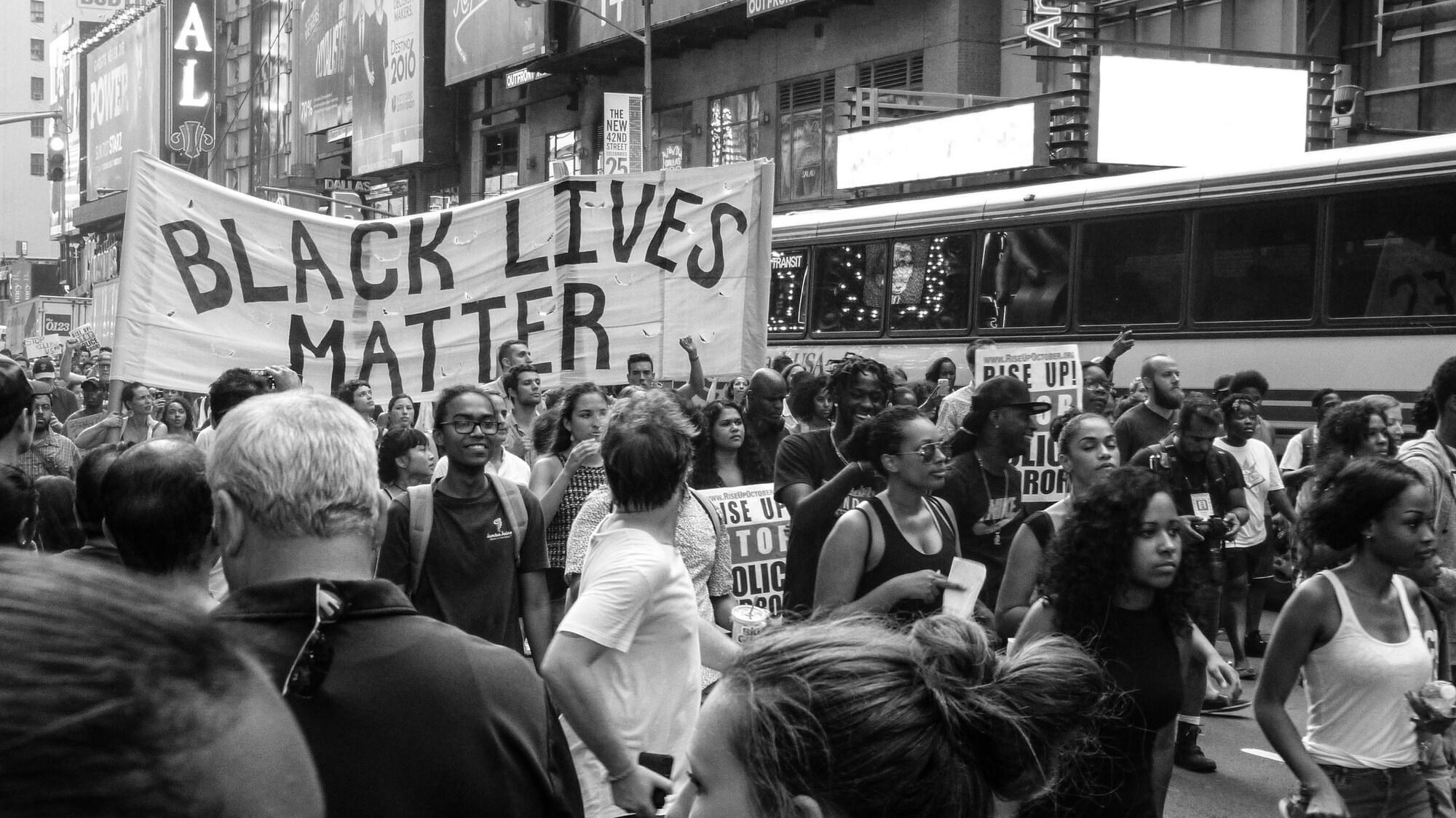
From the national liberation movements in various African countries (especially Apartheid in South Africa), through the struggle of Aboriginal communities in Australia, the movements in Brazil to the cultural and resistance movements in South America and the Caribbean, there have been many demonstrations by black communities around the world. Not forgetting, of course, our own movements in the UK.
British Reality
Black movements are an essential part of the United Kingdom's history and the ongoing fight for social justice. From resisting colonialism and slavery to addressing contemporary issues like systemic racism and inequality, these initiatives have been vital in preserving Black heritage and expanding the rights of Black communities across the UK.
The impact of Black resistance in the UK is deeply woven into the nation’s culture. From the post-Windrush generation struggles to today’s fight for racial equity, the contributions of Black communities have profoundly influenced British music, literature, fashion, cuisine, and activism.
Several iconic figures have shaped the anti-racist movement in the UK. Claudia Jones, often called the "mother of the Notting Hill Carnival," fought tirelessly for racial justice and cultural celebration. Activist Darcus Howe played a pivotal role in campaigns such as the Mangrove Nine trial, while Doreen Lawrence’s advocacy following the murder of her son Stephen Lawrence led to crucial reforms in UK policing and raised awareness of institutional racism.
In October, Black History Month is celebrated across the UK, offering a chance to reflect on the history, culture, and achievements of Black people in Britain. It serves as a time for education and inspiration to confront ongoing challenges and build a more equitable society.
Despite progress, structural racism persists in the UK. Challenges like disparities in education, employment, and policing, as well as underrepresentation in leadership roles, continue to highlight the need for sustained activism and systemic change.
Beyond the Black resistance movement in the UK, which movement has inspired you the most? Share your thoughts in the comments below!
Summarise with AI:
















